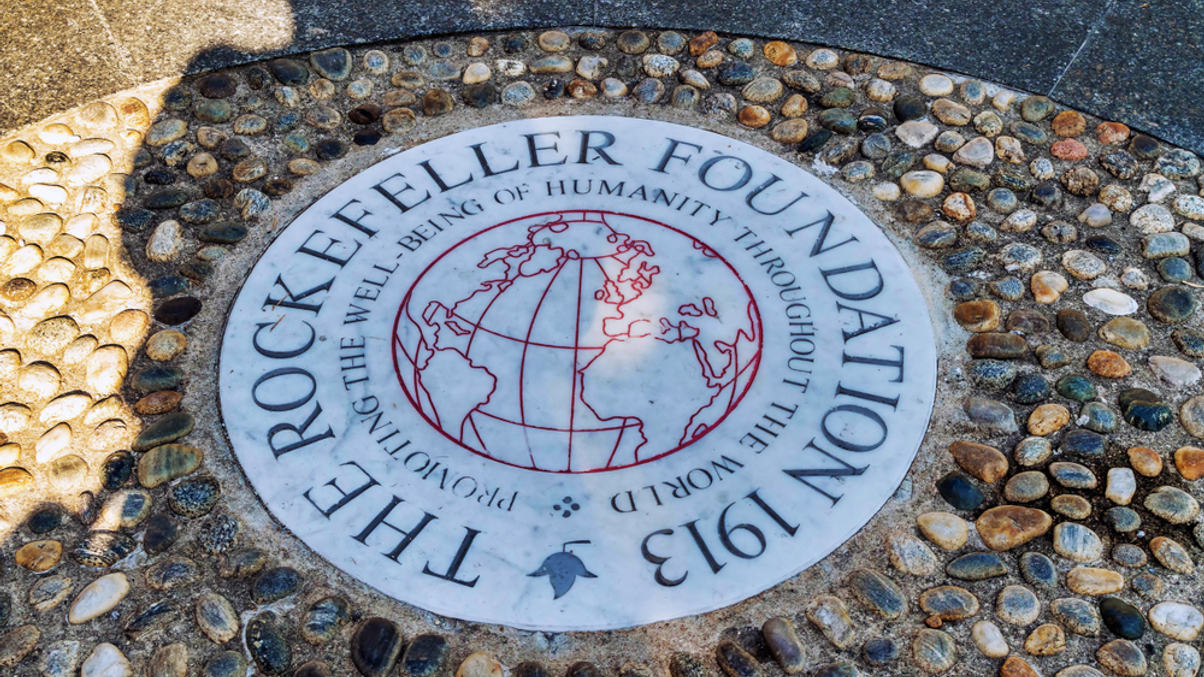Rockefeller Foundation champions catalytic capital's impact
The US foundation's finance team hopes to collaborate with organisations operating across the impact and risk-return spectrum, a top Asia-based executive told AsianInvestor.

The Rockefeller Foundation is keen to encourage all forms of capital to scale up investing with impact even as it drives catalytic capital growth, a top executive told AsianInvestor.
Sign in to read on!
Registered users get 2 free articles in 30 days.
Subscribers have full unlimited access to AsianInvestor
Not signed up? New users get 2 free articles per month, plus a 7-day unlimited free trial.
¬ Haymarket Media Limited. All rights reserved.


